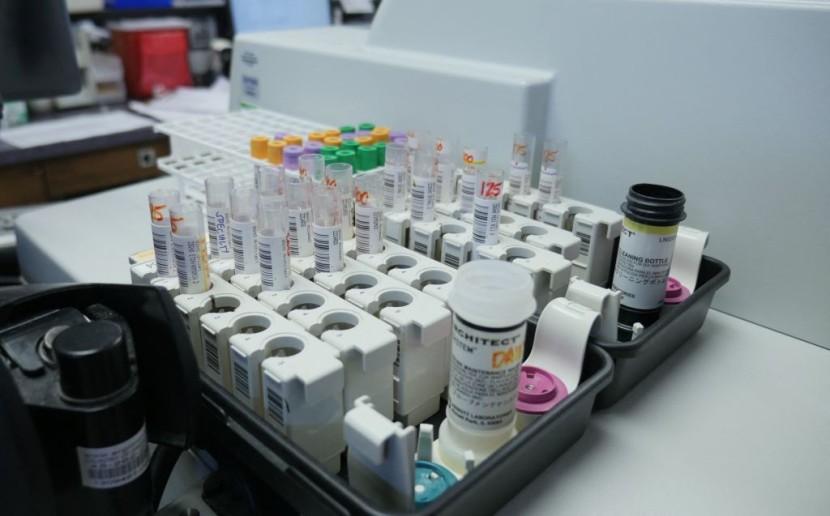
A scientist in Cyprus claimed he had identified a new coronavirus variant that combines the traits of the dangerous Delta and highly contagious Omicron variants of COVID-19. It is called Deltacron.
Leondios Kostrikis, a professor of biological sciences at the University of Cyprus, said that he and a team of researchers had identified 25 cases of the new variant, resulting in the hospitalization of 11. However, he told Cypriot channel Sigma TV that there is no information yet on the possible impacts of Deltacron, according to CNBC.
"We will see in the future if this strain is more pathological or more contagious or if it will prevail," he said.
Deltacron Variant Was Actually a Laboratory Mistake
Kostrikis' discovery caused concerns on social media during the weekend, which prompted several experts to dismiss the so-called 'Deltacron.' They said what the Cypriot professor discovered was actually a laboratory mistake.
Among the critics of the Deltacron was UK virologist Tom Peacock, who doubts that the new 25 cases that Kostrikis presented to the media resulted from laboratory samples becoming contaminated.
"They do not cluster on the phylogenetic tree and have a whole Artic primer sequencing amplicon of Omicron in an otherwise Delta backbone," Peacock, who works at Imperial Department of Infectious Disease in London, posted on Twitter.
Dr. Krutika Kuppalli, an infectious diseases researcher of the World Health Organization, says Deltacron is fake. She explains in her tweet that it is possibly a result of "sequencing artifact" or "lab contamination of Omicron sequence fragments in a Delta specimen."
She even quipped to leave the merging of names to "celebrity couples."
A person with #COVID19 + #Influenza does NOT have #Flurona #Deltacron is not real and is likely due to sequencing artifact (lab contamination of #Omicron sequence fragments in a #Delta specimen)
— Krutika Kuppalli, MD FIDSA (@KrutikaKuppalli) January 9, 2022
Let’s not merge of names of infectious diseases and leave it to celebrity couples
New COVID-19 Still Needs Further Studies
Global medical expert Dr. Boghuma Kabisan Titanji also shares the same opinion that Deltacron was probably a product of contamination of lab samples. However, she added that with the soaring transmission level of COVID-19 globally, it is likely "that recombination is occurring," and it may lead to more results like this.
"Will this lead to more concerning variants? That is possible but nobody knows," Dr. Titanji said. But she added that instead of worrying about the emergence of a new variant with names sounding like Transformers protagonists, it is better to ensure the availability of vaccines for everyone, plus the implementation of other strategies that will effectively suppress the fast transmission of COVID-19.
However, Dr. Kostrikis answered his doubters via a statement sent to Bloomberg over the weekend. He explains that the cases he has identified as Deltacron show an "evolutionary pressure to an ancestral strain to acquire these mutations. He added that the mutations are "not a result of a single recombination event."
The Cypriot professor further stated that his research team came to their findings after processing the samples in multiple sequencing procedures in more than one country.
Dr. Kostrikis also said that at least one sequence from Israel shows traits of Deltacron. He disclosed to Sigma TV that they submitted their data to GISAID global database in Munich, as per Independent report.
Since the global pandemic started in 2020, the COVID-19 virus has already infected more than 307 million people worldwide, including more than 60 million infections in the United States.
Related Article : Study Identifies Certain Antibodies That can Stop Omicron Infection, Affect the Notorious Spike Proteins
© 2026 HNGN, All rights reserved. Do not reproduce without permission.








